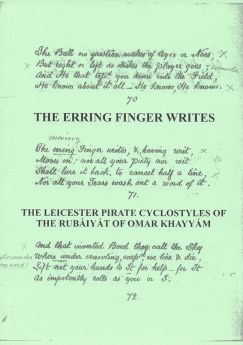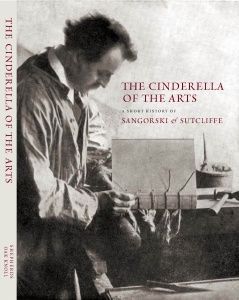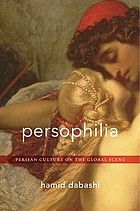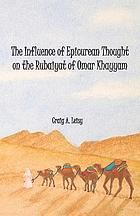The erring finger writes. The Leicester pirate cyclostyles of the Rubáiyát of Omar Khayyám. Jos Coumans & John Drew. Cambridge, Cambridge Poetry Workshop, 2015. 43 pp. ISBN: 9781871214260.
Summary:
This document tells the story of Holyoak’s cyclostyle editions of the Rubáiyát, the interference by Macmillans who saw the work of the simple Leicester book seller as a threat to their business, and the response by W.H. Holyoak and G.J. Holyoake. The booklet also shows documents and descriptions of the various versions of Holyoak’s printings.



